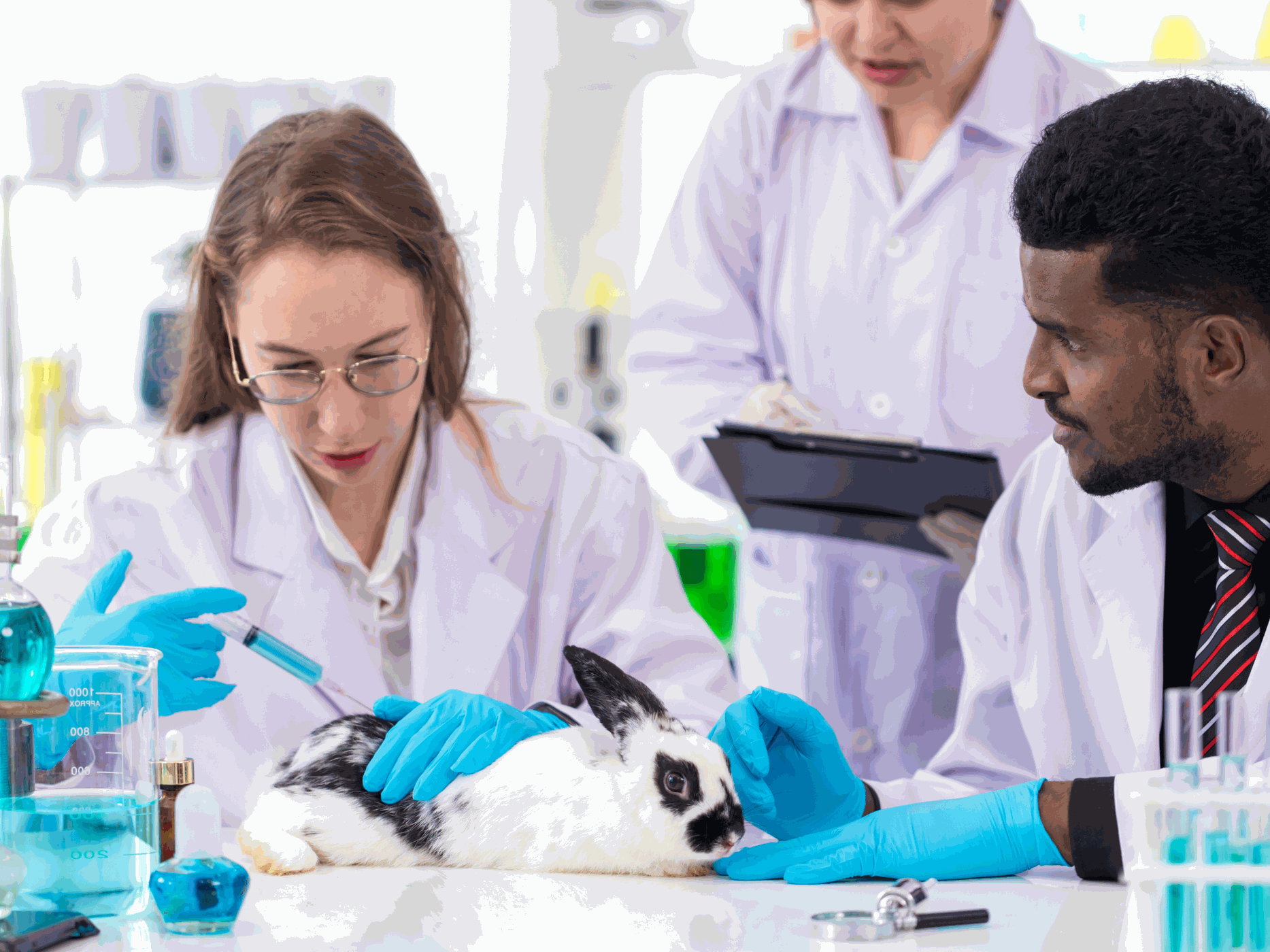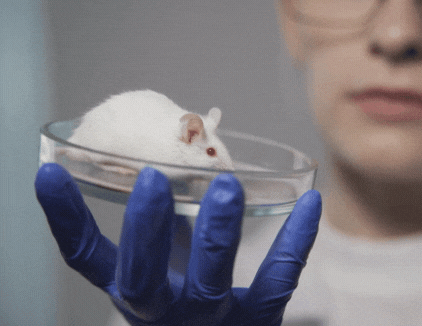In December last year, US President Joe Biden signed into law FDA Modernization Act 2.0. Under the new law, the US Food and Drug Administration (FDA) will no longer require all new human medicines to be tested in animals first. The new law recommends a significant shift away from the former stipulations on toxicity tests for potential drugs using rodent and non-rodent species, in the 1938 Food, Drug, and Cosmetic Act.
While the use of animal models in testing is not entirely eliminated by the new law, significant provisions included clearing drugs for human trials to accept tests via the form of non-animal methods like tissue cultures, cell-based assays, bioprinted models, organs-on-a-chip, computer models, and other emerging technologies allowed by the FDA. Such alternatives can be submitted when applying for new drug development.

"We support alternative methods that are backed by science and provide the necessary data showing whether products are safe and effective," says Namandjé Bumpus, FDA's chief scientist.
The FDA states that many procedures intended to reduce animal tests are still in the ongoing development and it will launch an agency-wide program to study non-animal alternatives to refine the safety and efficacy of drugs without the need for animal testing.
Animal Welfare Organizations like the Center for Human Economy and Animal Wellness Action have expressed strong support for the new legislation, citing a brighter future for animal rights and uplifting ethical standards in drug testing.
At the status quo, ongoing animal research will still be allowed and regulated via operations of the Laboratory Welfare Act, passed in 1966 which relies on what some people would consider outdated standards.

In an FAQ from the National Association of Biomedical Research (NABR), tthey clarified that animal testing remains to be a crucial and most effective method in development and may not be eradicated anytime soon.
Read the full story here.
AIV-Vet supports care for animals and is excited to see these new developments in research and laboratory testing.
AIV also assists vets and clinics that carry out CRI treatments by supplying the equipment they need and services so they can reduce downtime and increase the quality of patient care.
Trying to extend the life of your infusion pump? Get 10 free tips below to make your practice more profitable.